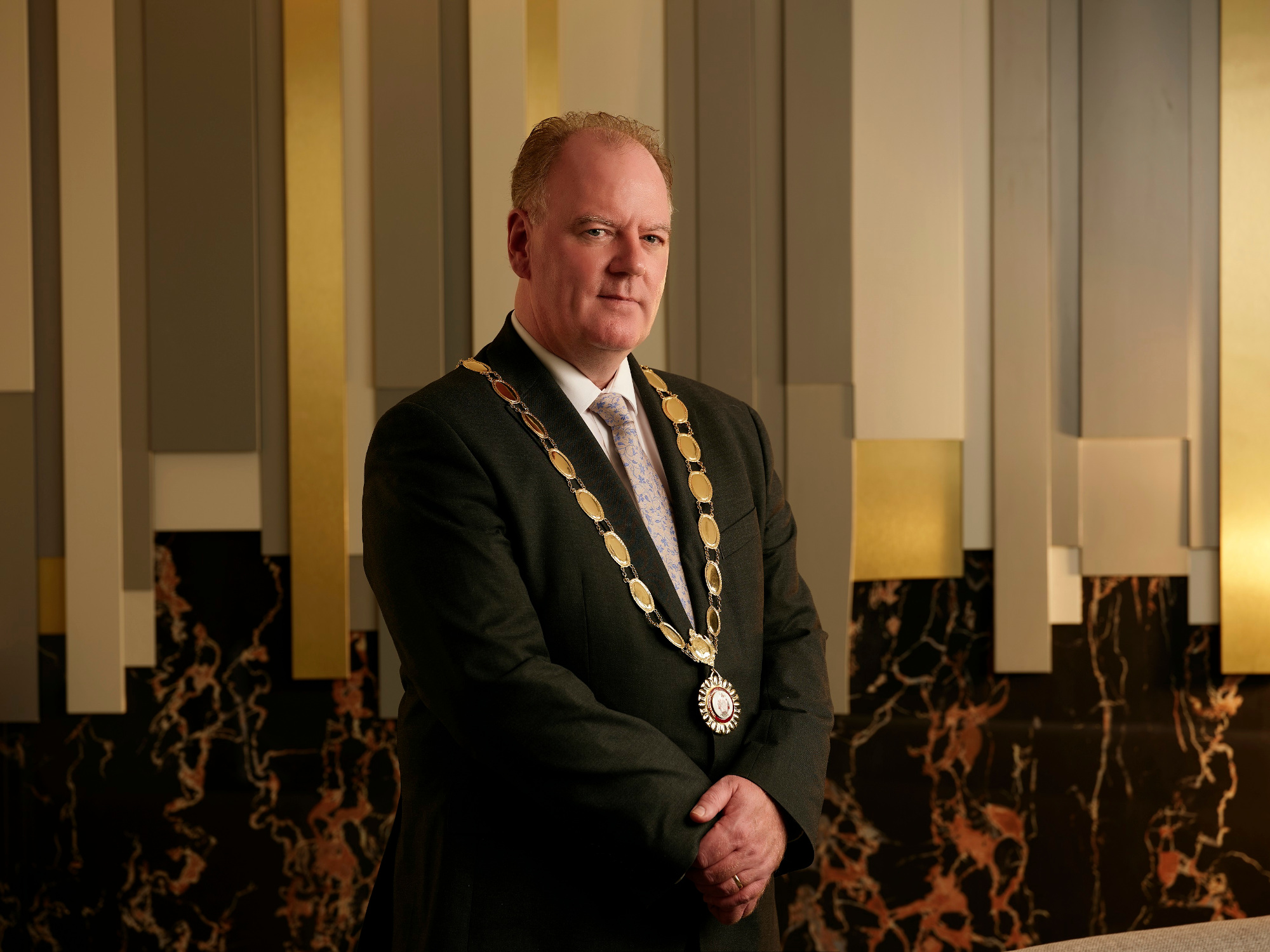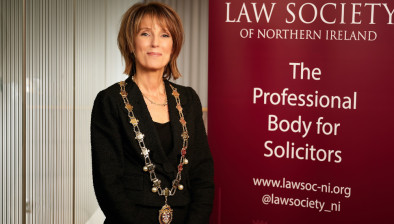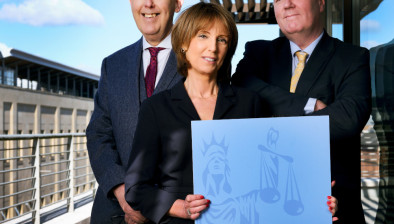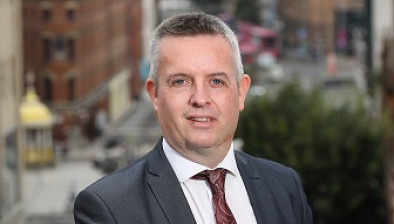NI Law Society calls off conference amid victims’ opposition to legacy law

Brian Archer
The Law Society of Northern Ireland has postponed a conference focussing on the UK government’s new legacy law following calls and planned protests by victims’ groups.
In a statement this morning, the Law Society said its annual conference, which was to focus on the Northern Ireland Troubles (Legacy and Reconciliation) Act, would no longer take place on Friday as planned.
It said the decision was taken after being contacted by a number of victims’ representative groups who wanted the event to be cancelled, as well as becoming aware of plans to hold a public protest at the event.
Sir Declan Morgan, the former Lord Chief Justice who will lead the new Independent Commission for Reconciliation and Information Recovery (ICRIR) created by the controversial Act, was due to address the conference as keynote speaker.
Law Society president Brian Archer said: “The Law Society is committed to upholding the rule of law and has been at the forefront of challenging this legislation during its passage through Parliament.
“Solicitors play a vital role supporting victims and survivors of the Troubles seeking answers and accountability and I believe it is appropriate for the Law Society to hold events such as this to inform and educate our members. Freedom of expression and debate is an intrinsic and important aspect of the rule of law.
“However, we recognise the strength of feeling in opposition to this Act. With a significant number of legal challenges now before the courts, the implementation of the new legacy structures remains uncertain, and it is right to postpone the event until such time as the legality of the new legacy arrangements has been tested in the courts.”
There are already over a dozen legal challenges to the Act before the Northern Ireland courts and the Irish government is understood to be obtaining a legal opinion on bringing an interstate challenge at the European Court of Human Rights.









